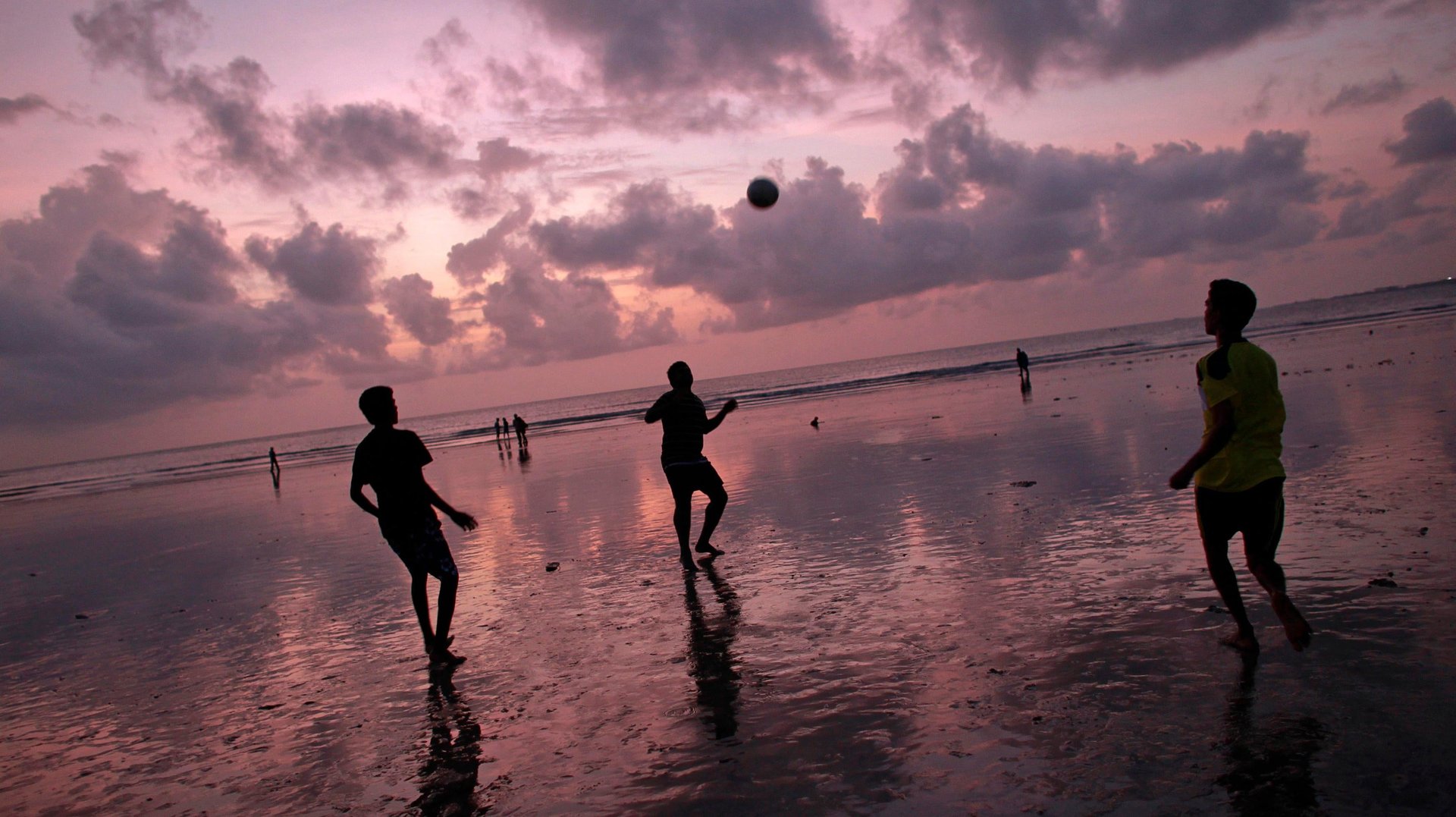Why FIFA won't let India host the U-17 women's football world cup anymore
The Indian football body must take back control of the sport's administration from a Supreme Court-appointed panel, it says.

FIFA today suspended the All India Football Federation (AIFF) with immediate effect due to “undue influence from third parties.”
On May 18, the Supreme Court of India had stripped long-serving AIFF president Praful Patel of his post and appointed a committee of administrators (CoA) to take over the country’s football governing body.
According to India’s National Sports Code, a sporting association president can be in-charge for three four-year terms, that is 12 years, in all. Patel had been at it for 13 years, failing to make any provisions to elect a successor.
The three-member CoA was tasked with handling AIFF’s day-to-day affairs, amending its constitution to comply with India’s sports code, and conducting long-pending polls.
However, “taking disputes in the association or disputes affecting leagues, members of leagues, clubs, members of clubs, players, officials and other association officials to ordinary courts of law, unless the FIFA regulations or binding legal provisions specifically provide for or stipulate recourse to ordinary courts of law” violate FIFA’s own code.
Will India lose out on the U-17 Women’s World Cup 2022?
India’s suspension will be lifted once the CoA is disbanded and the AIFF administration regains full control, FIFA has said. The country’s government has now cited the ban to seek a hearing tomorrow (Aug. 17). FIFA is negotiating a solution with the sports ministry.
Meanwhile, India’s plan to host the Under-17 Women’s World Cup 2022 between October 11-30 stands cancelled. What happens to the ticket sales, which began on Aug. 5, is not yet clear. Neither has an alternative host country been named.
AIFF’s laundry list of problems
Indian football administration is riddled with disputes.
In May, Football Delhi asked FIFA to involve a normalising committee in AIFF’s dealings. These committees help fix matters when governance is broken at the domestic level.
State associations like those of Kerala and Jammu & Kashmir have also taken issue with AIFF bypassing them for tournaments and coaching camps.
Mismanagement aside, top officials have also often been embroiled in controversies.
In 2014, for instance, FIFA suspended an ex-AIFF official for accepting a bribe in connection with the FIFA executive committee elections.
More recently, following Patel’s ouster, AIFF secretary Kushal Das resigned citing health reasons. From turning up drunk at meetings to financial mismanagement to molestation, allegations of all sorts have been made against Das.
Corruption in India’s sports governing bodies
Embarrassingly, corruption and nepotism plague Indian sports.
In 2012, the International Olympic Committee (IOC) banned the Indian Olympic Association (IOA) for electing political leaders who are either just too old or have been in power too long. Indian athletes had to compete under the IOC flag, not the Indian one, at the Sochi Winter Olympics.
Be it the country’s most popular one, cricket, or little followed ones like sailing, resources and government support are often minimal. Besides, politicians and businessmen frequently have a big, unwarranted say in matters, including team selection.
India’s lack of strong sports laws only makes things worse.
